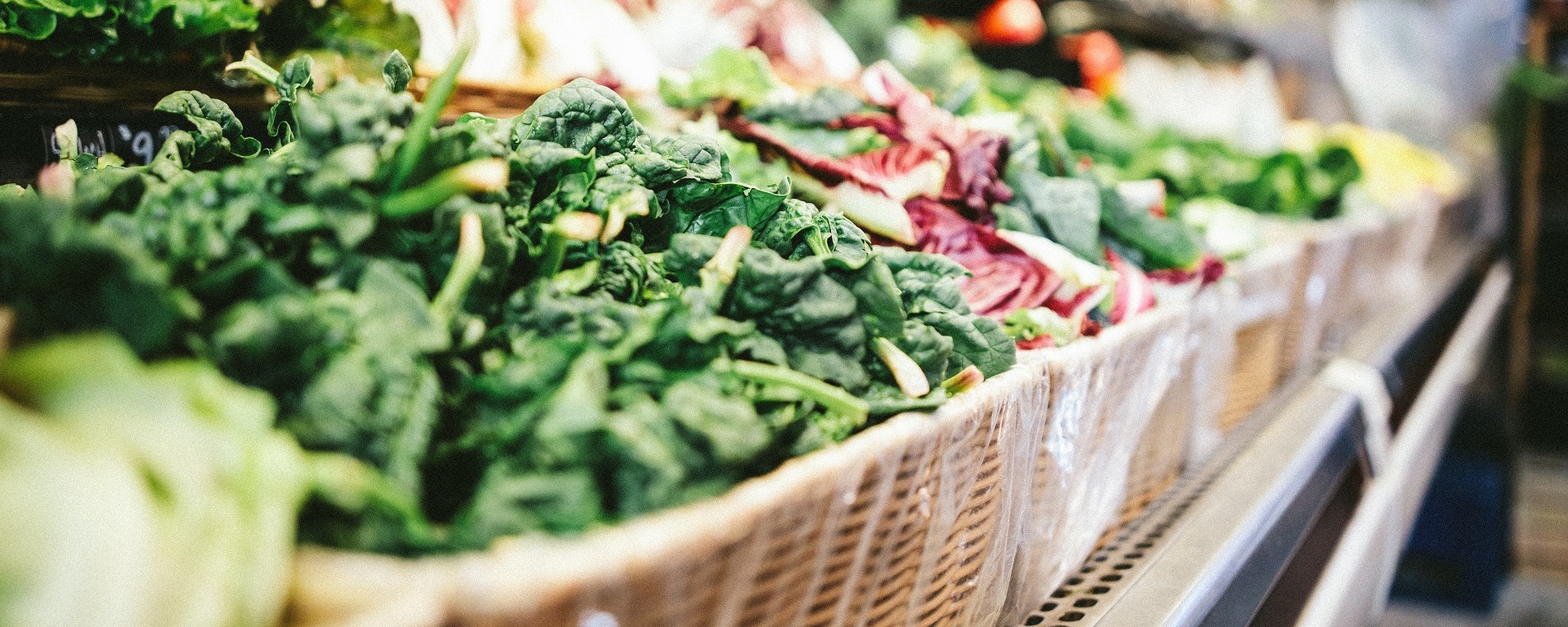This article is written by Brianna Baker, a sophomore at Redondo Union High School and founder of the Stress Less Club. She is also a member of Beach Cities Health District’s youth workgroup – a collection of teens who are brainstorming peer-to-peer engagement strategies around mental health and substance use prevention.
Today’s teenagers face ever-mounting internal and external pressures from school, home, extracurriculars and personal expectations of perfection. Making matters worse, most teenagers also display a lack of understanding when it comes to properly managing these growing stressors. So, it begs the question: how can parents and teens positively combat stress in a realistic, affordable way?
Here in the South Bay we are fortunate to have phenomenal school districts that offer a myriad of opportunities to students, including clubs, AP courses, sports, arts, extracurricular activities and great teachers. But it’s easy to be overwhelmed by all of these choices – especially when you feel pressured to partake in as many as possible to strengthen your college applications. As a result, many teenagers in the South Bay are disregarding their mental health to compete academically, socially and emotionally with their peers.
Now for the good news: there are many natural ways teens can combat stress – and one of them involves food.
Research shows that healthy foods improve your physical and mental health, so maintaining a well-balanced diet is crucial for preventing and managing stress.
Here are a few simple and tasty options:
- Citrus Fruits. Readily available in all South Bay grocery stores, citrus fruits like oranges are chock-full of vitamins that help raise your immune system while simultaneously lowering your levels of cortisol – a stress hormone that increases blood pressure.
- Complex Carbs. Eating foods rich in complex carbohydrates like whole grains, fruits and vegetables increases your body’s production of serotonin – a natural mood stabilizer that helps lower depression and anxiety.
- Magnesium. High levels of stress can cause headaches and fatigue – but these can both be combated by eating foods rich in the mineral magnesium like spinach, salmon and soybeans. Magnesium also improves sleep quality – which is associated with improved memory, greater alertness and fewer mood swings.
- Tea. Varieties like chamomile, mint, barley, passionflower and valerian root induce calmness and counter feelings of anxiety that arise from stress.
- Dark Chocolate. When eaten in moderation, this sweet and satisfying comfort food can help reduce anxiety, increase cognitive thinking skills and offer mood-calming moments of pleasure.
It’s also important to understand foods that can have an adverse impact. Many times, overly stressed teenagers reach for empty-calorie comfort foods or energy-boosting drinks to gain immediate, but unhealthy, relief from stress and fatigue. Two common examples include:
- Coffee. Its main byproduct, caffeine, is a stimulant that provides bursts of energy but blocks the production of calming chemicals in your body. Excessive caffeine consumption can cause fragmented sleep and insomnia – which antagonize stress levels.
- Sugar. Processed sugars also provide short-lived bursts of energy, however, they also force our bodies to produce more insulin to decrease inflated levels of blood sugar. These dramatic blood sugar highs and lows also prompt our bodies to release stress hormones like cortisol and adrenaline.
Maintaining a healthy diet is an easy way teens – and people of all ages – can help control their stress. Moreover, it’s empowering to know we teenagers have the ability to take health into our own hands through the foods we choose to put on our plates.
Sources Used:




